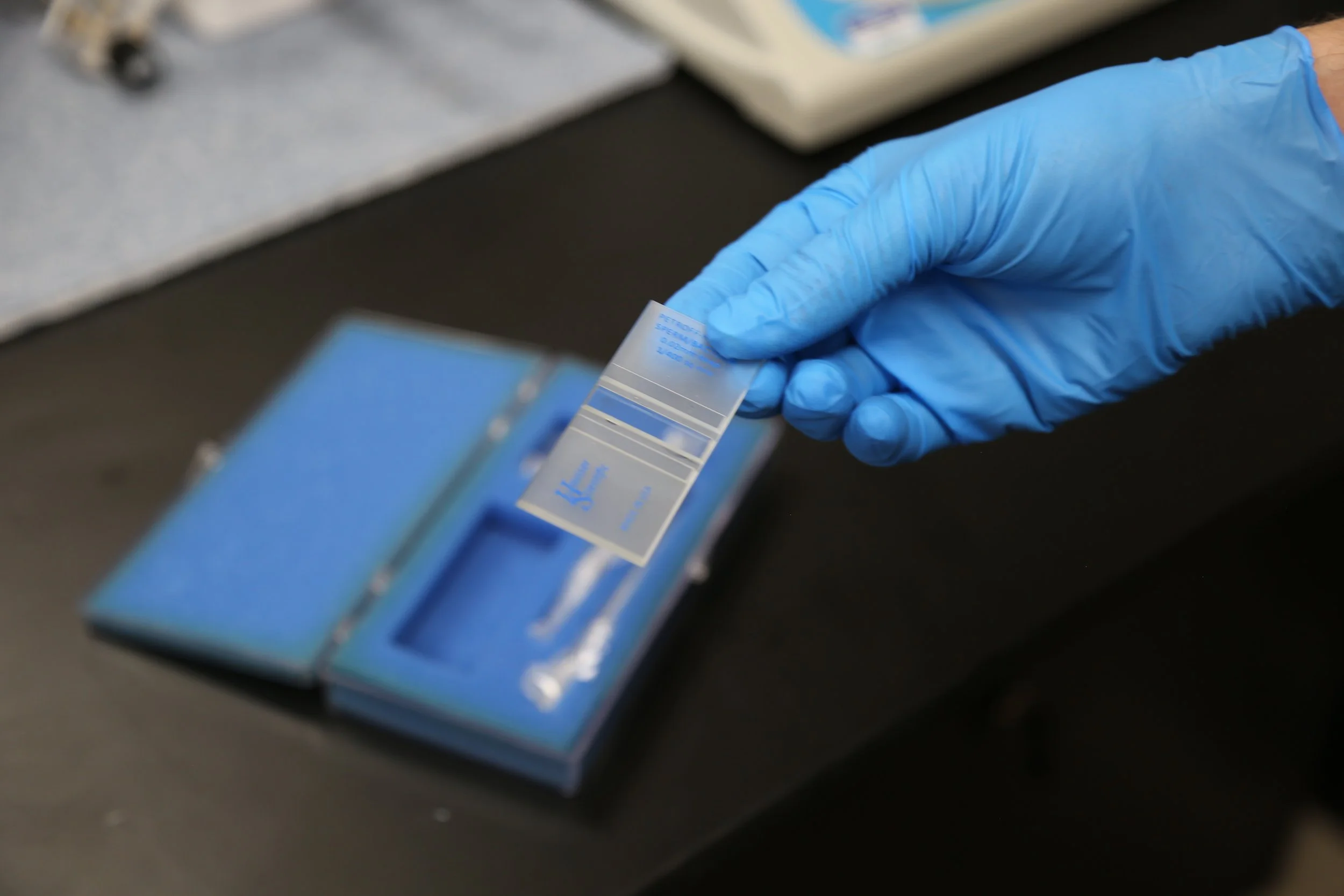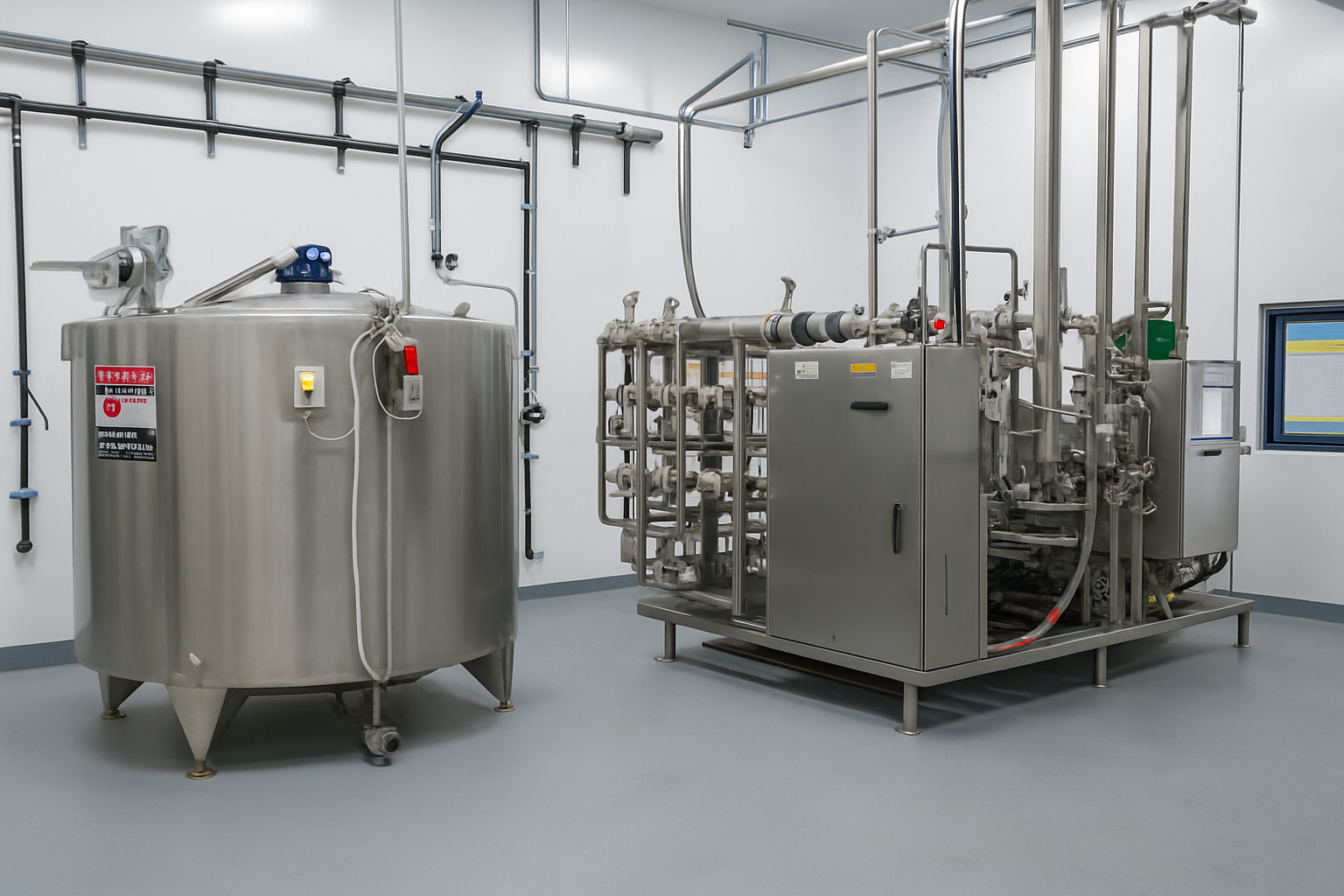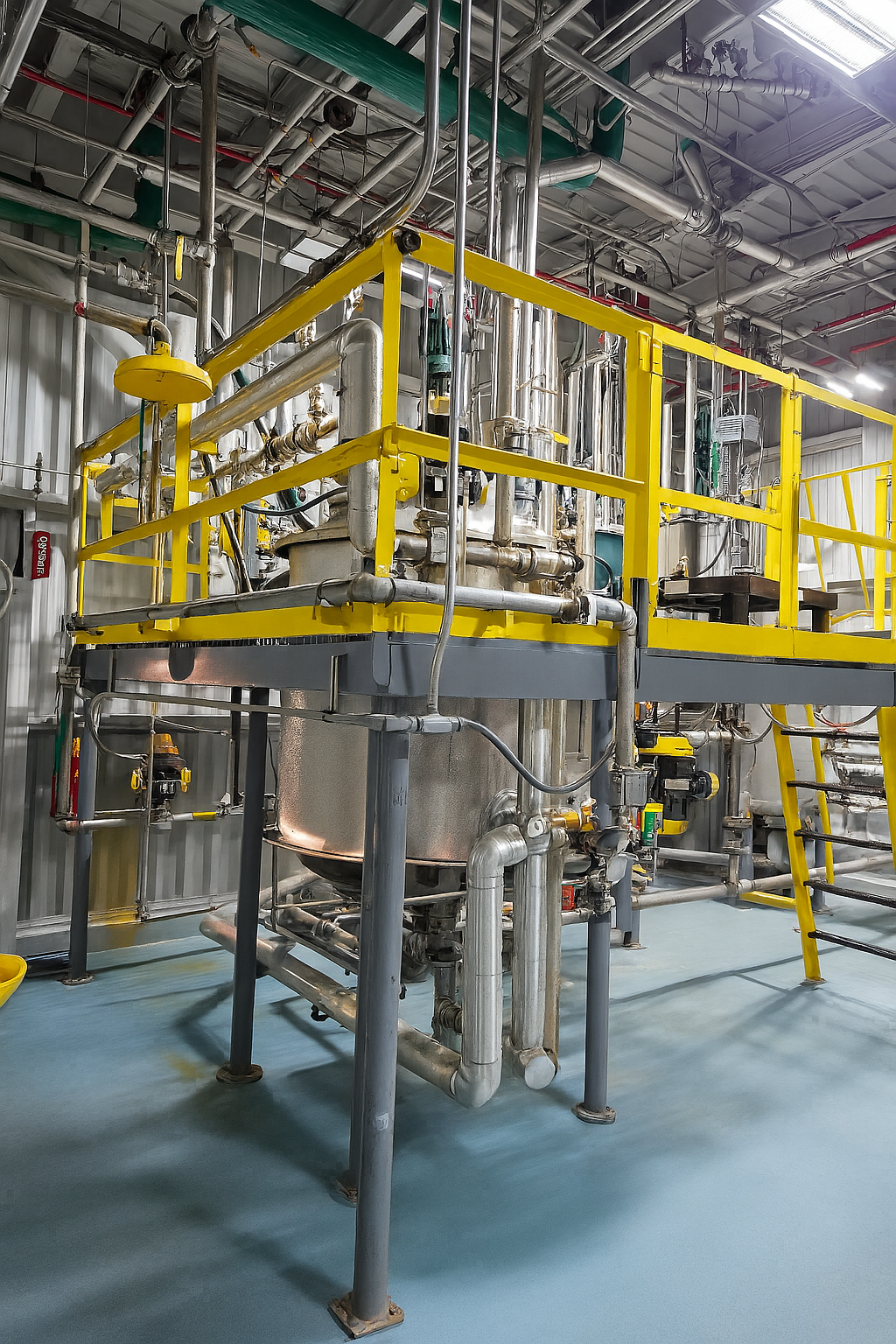-
Piloting (Pilot Lab + Pilot Plant)
What it is:
Piloting is the phase where a lab-validated process is tested at an intermediate scale (usually 5–2,000 liters). It helps validate that the biology, equipment, and operations all work together before committing to full production.Why it matters:
Reduces commercial risk
Identifies bottlenecks early
Helps optimize parameters like pH, temp, agitation, and yield
-
Downstream Processing (DSP)
What it is :
After fermentation, DSP refers to purification and concentration of the final product — removing byproducts, cells, and media components.Key steps may include:
Centrifugation
Filtration
Chromatography
Solvent extraction
Drying
Why it matters:
Critical for product purity, regulatory approval, and end-use performance
Often the most costly and complex part of biomanufacturing
-
Scale-Up
What it is :
Scale-up is the art and science of transitioning from small-volume experiments to full-scale manufacturing, ensuring that process outcomes remain consistent and economically viable at higher volumes.Why it matters :
Not all biological processes behave the same at scale.
Requires deep understanding of mixing, oxygen transfer, heat control, etc.
Vital for reproducibility and cost-efficiency.
-
Fermentation (Aerobic & Anaerobic)
What it is :
Fermentation is a controlled microbial process where organisms convert sugars or nutrients into target products — like enzymes, organic acids, proteins, or vitamins.Aerobic fermentation requires oxygen
Anaerobic fermentation occurs without oxygen
Why it matters :
Fermentation is the core transformation step in bio-based production.
Highly sensitive to pH, oxygen, feed rates, and time.
-
What it is :
Quality systems ensure that every product meets required safety, consistency, and regulatory standards — from lab tests to commercial batches. These systems include documentation, in-process controls, and regulatory filings that align with pharmaceutical, food, and specialty ingredient standards.Why it matters :
Guarantees product purity, traceability, and compliance
Builds trust with partners, customers, and government agencies
Enables consistent scale-up by maintaining data and process controls across all phases
-
Commercial Expansion
What it is :
This is where the process transitions into large-scale, repeatable production — at tens of thousands of liters — to supply actual market demand.Why it matters:
Brings the product to market at scale
Requires industrial utilities, QA systems, validated SOPs, and regulatory readiness







